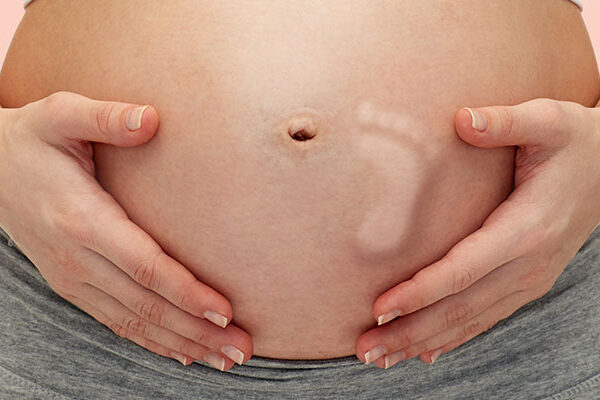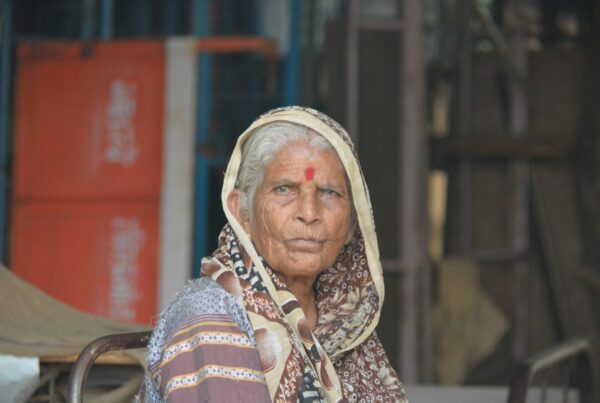Bone density refers to the amount of bone mineral content in a given area of bone, typically measured in grams per square centimeter. It essentially reflects how strong and solid your bones are. High bone density generally means that your bones are strong and less likely to break, while low bone density can indicate that your bones are more fragile and susceptible to fractures.
Bone density is influenced by factors like age, genetics, nutrition, physical activity, and hormonal levels. As people age, bone density typically decreases, particularly in women after menopause due to a drop in estrogen levels.
- Women are more affected by bone density issues compared to men because it’s biological, hormonal, and lifestyle factors:
Hormonal Changes: Estrogen is crucial for maintaining bone density. Women experience a significant drop in estrogen levels during menopause, which leads to accelerated bone loss. Men’s testosterone levels, which also help maintain bone density, decline more gradually and do not cause as abrupt a decrease in bone density.
Bone Structure and Size: Women generally have smaller, thinner bones than men. This means that even normal age-related bone loss can have a greater impact on women’s bone density.
Peak Bone Mass: Women typically reach their peak bone mass earlier than men. By the time women are in their 30s, they often have lower peak bone mass compared to men. Since bone density declines with age, this lower starting point can result in a higher risk of osteoporosis and fractures.
Menstrual Cycle and Reproductive Factors: Conditions that affect menstrual cycles, such as amenorrhea or polycystic ovary syndrome (PCOS), can lead to reduced estrogen levels and subsequently lower bone density. Additionally, pregnancy and breastfeeding increase calcium demands, and insufficient intake can affect bone health.
Bone Loss Rates: Women experience more rapid bone loss in the years following menopause compared to the gradual bone loss seen in men as they age.
Calcium and Vitamin D Intake: Women, particularly older women, are at a higher risk of deficiencies in calcium and vitamin D, which are essential for bone health. This can exacerbate bone density loss.
Lifestyle Factors: Factors such as physical inactivity, smoking, and excessive alcohol consumption can have a more pronounced effect on women’s bone health, partly due to the hormonal and physiological differences between genders.
Because of these factors, women are at a higher risk of Osteoporosis, a condition characterized by low bone density and increased fracture risk. Preventive measures, such as maintaining a balanced diet rich in calcium and vitamin D, engaging in weight-bearing exercise, and regular bone density screenings, are important for mitigating bone density issues in women.
- Maintaining healthy bone density is crucial for women to prevent conditions like osteoporosis and reduce the risk of fractures. Here are several strategies to help control and improve bone density:
Balanced Diet:
Calcium: Ensure adequate calcium intake through dairy products, leafy green vegetables, fortified plant-based milks, and calcium supplements if needed. The recommended daily intake for women is around 1,000 mg for those aged 19-50 and 1,200 mg for those over 50.
Vitamin D: This vitamin is essential for calcium absorption. Sources include sunlight exposure, fortified foods, and supplements. The recommended daily intake is around 600-800 IU for adults, but some may require higher doses based on individual needs.
Other Nutrients: Include magnesium, potassium, and vitamins K and C in your diet, as they play a role in bone health.
Regular Weight-Bearing Exercise
Engage in weight-bearing exercises such as walking, jogging, dancing, or climbing stairs. These activities help build and maintain bone density.
Include resistance training or strength exercises, like lifting weights, which also support bone health.
Healthy Lifestyle Choices
Avoid Smoking: Smoking is detrimental to bone health and can accelerate bone loss.
Limit Alcohol: Excessive alcohol consumption can interfere with bone formation and increase the risk of fractures.
Bone Density Screening
Regular bone density tests, such as a DEXA scan, can help monitor bone health and detect early signs of bone loss, especially for women over 65 or those with risk factors.
Medication and Supplements
Medications: For those diagnosed with osteoporosis or severe bone density loss, doctors may prescribe medications like bisphosphonates, hormone replacement therapy (HRT), or other bone-strengthening drugs.
Supplements: If dietary intake is insufficient, calcium and vitamin D supplements can help maintain adequate levels.
Fall Prevention
Make home modifications to reduce fall risks, such as securing loose rugs, using non-slip mats, and installing grab bars in bathrooms.
Practice balance and coordination exercises, like yoga or tai chi, to improve stability.
Hormonal Management
For women experiencing menopause, discuss options with a healthcare provider. Hormone replacement therapy (HRT) might be considered to manage bone density, though it comes with its own set of risks and benefits.
Monitor and Manage Underlying Health Conditions
Certain conditions, like thyroid disorders or eating disorders, can impact bone health. Managing these conditions with the help of a healthcare provider can also support bone density.
By incorporating these practices into daily life, women can effectively manage and improve their bone density, reducing the risk of osteoporosis and maintaining overall bone health.




